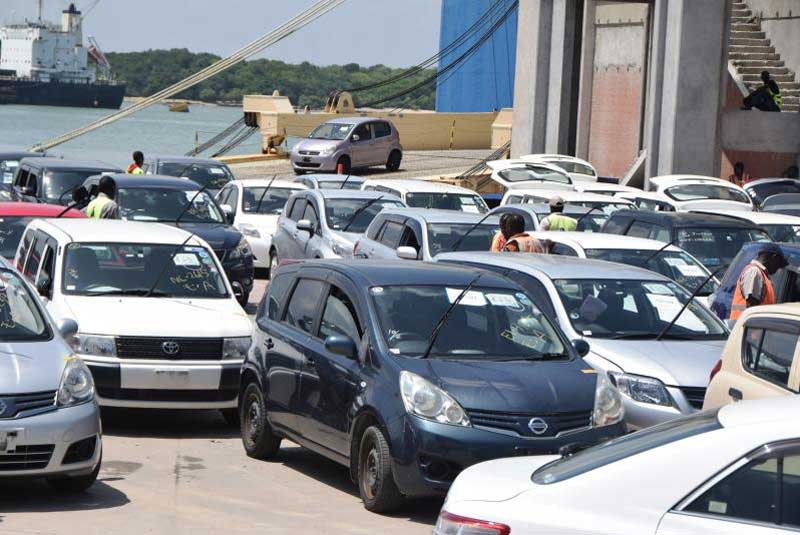×
The Standard e-Paper
Fearless, Trusted News

Until recently, Mombasa Island was largely viewed as a tourism city but is currently undergoing major changes with most buildings and open spaces turning into car bazaars.
Old residential or rental houses are being demolished to pave way for used car showrooms. High-end residential estates like Kizingo and Ganjoni have also not been spared by this new phenomenon.